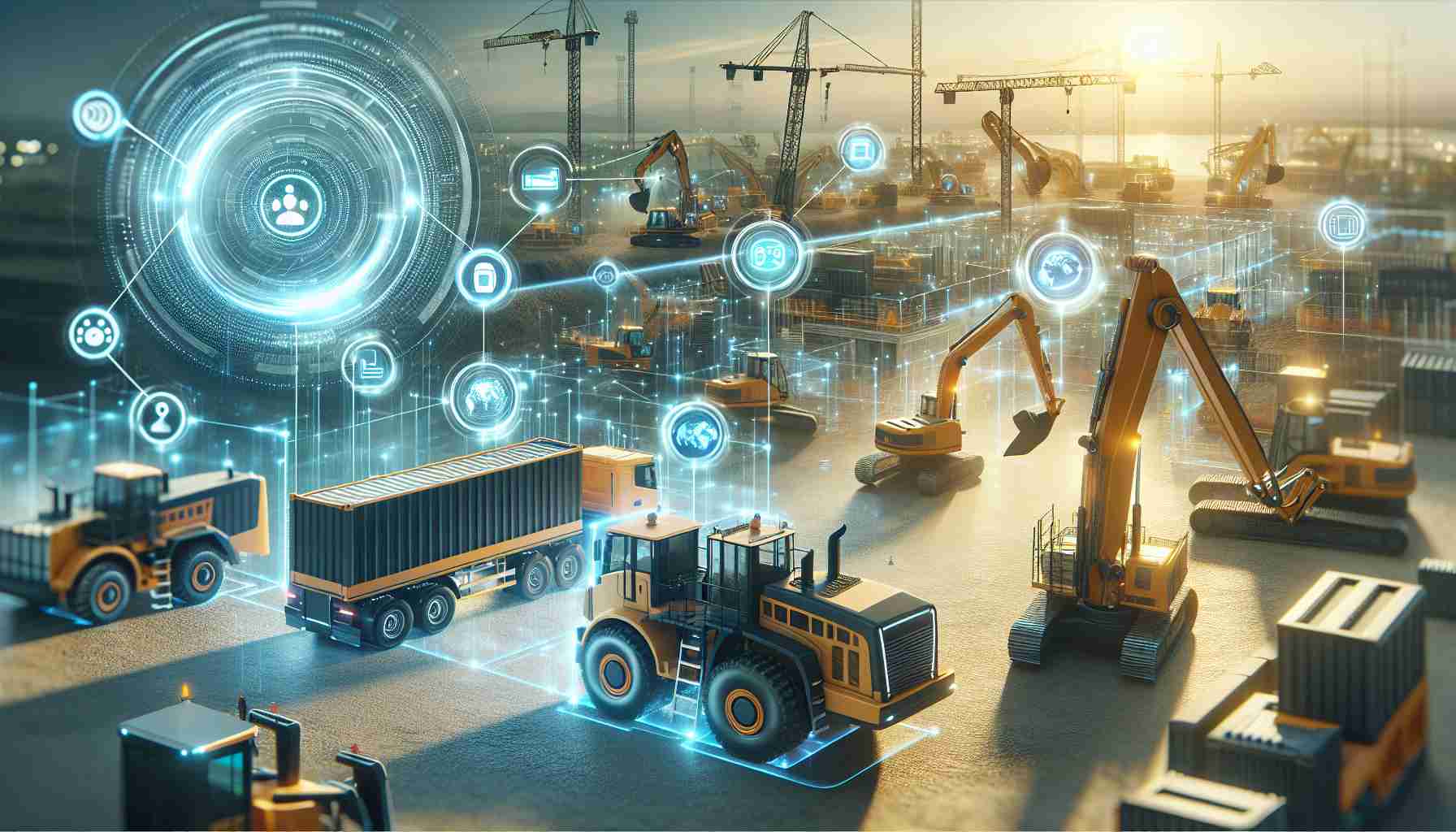The rise of digital transformation is resonating across society, calling for innovation in traditional structures. The construction machinery industry is no exception and is actively fostering talented individuals to drive such change. A recent initiative that underscores the industry’s commitment to enhancing artificial intelligence (AI) skills is the ‘Smart Construction Machinery Industry Professional Talent AI Skills Enhancement Project,’ sponsored by the Ministry of Science and ICT and the Information and Communications Industry Promotion Agency.
Director Jang Kye-Bong of HD Hyundai Autonomous AI has played a pivotal role in this project, offering insights into how AI is revolutionizing the construction machinery industry in South Korea. He mentions that his role involves developing automated and unmanned construction equipment that leverages AI to improve safety and productivity.
Director Jang introduced the ‘X-Wise Agent,’ an award-winning innovation at CES 2024, which is an AI-powered solution capable of guiding operators by analyzing equipment data, work environments, and plans. This solution extends remote equipment control, bypassing spatial constraints, and addresses communication challenges in remote areas by implementing low-level data algorithms that maximize the reach of remote control technologies.
The development of AI technologies in construction machinery is undergoing a massive shift, with firms focusing on enhancing work efficiency and safety. AI’s speed and analytics play a key role in optimizing workflows and risk management at construction sites.
Looking towards the future, AI is expected to usher in smarter and more automated construction machinery, potentially resolving labor shortages and improving safety measures. Companies like HD Hyundai are using their hardware expertise to develop AI-integrated systems and solutions that contribute to safer and more productive construction sites worldwide.
Most Important Questions and Answers:
Q: What role is AI playing in the construction machinery industry?
A: AI is transforming the construction machinery sector by optimizing workflows, increasing efficiency, and improving risk management. It enables the development of automated and unmanned construction equipment that not only enhances safety but also addresses labor shortages by performing tasks that are hazardous or repetitive for human workers.
Q: What is the ‘Smart Construction Machinery Industry Professional Talent AI Skills Enhancement Project’ about?
A: This project, backed by the Ministry of Science and ICT and the Information and Communications Industry Promotion Agency, aims to foster expertise in AI within the construction machinery industry. It seeks to train professionals in AI skills that can be applied to innovate and transform the industry.
Q: How does the ‘X-Wise Agent’ revolutionize construction machinery operation?
A: The ‘X-Wise Agent’ is an AI-powered system that guides operators using data analytics. It allows for remote control of construction equipment, overcoming obstacles such as distance and poor communication in remote areas. Such systems also contribute to error reduction and workflow optimization on construction sites.
Key Challenges or Controversies:
Challenge: Integrating AI into existing construction machinery and workflows might face resistance from a workforce that is accustomed to traditional methods. Additionally, there might be a lack of skilled professionals who can manage and maintain these advanced AI systems.
Controversy: There are concerns about job displacement as AI and automation could potentially reduce the need for human labor. Also, there are questions regarding the reliability and safety of AI technology in critical construction scenarios.
Advantages and Disadvantages:
Advantages:
– Improvement in safety: AI can minimize the risk of accidents by taking over dangerous tasks and reducing human error.
– Enhanced efficiency: AI algorithms can optimize construction schedules, manage resources better, and accelerate decision-making.
– Labor shortages solution: AI can mitigate the impact of labor shortages by performing automated tasks without requiring human intervention.
Disadvantages:
– Job displacement fears: As AI takes on more roles, there may be a decrease in the demand for traditional construction roles.
– High initial investment: The integration of AI in construction machinery requires significant upfront costs for technology development and workforce retraining.
– Technical challenges: Ensuring that AI systems can handle complex construction scenarios without failure can be a significant technical barrier.
To explore more about digital transformation in industries including construction machinery, you can visit these related main domains (no subpages provided as per request):
– IEEE for technical standards and research in AI and automation.
– World Economic Forum for discussions about the impacts of AI on industries and labor forces.
– ForConstructionPros for construction industry news including digital trends.

